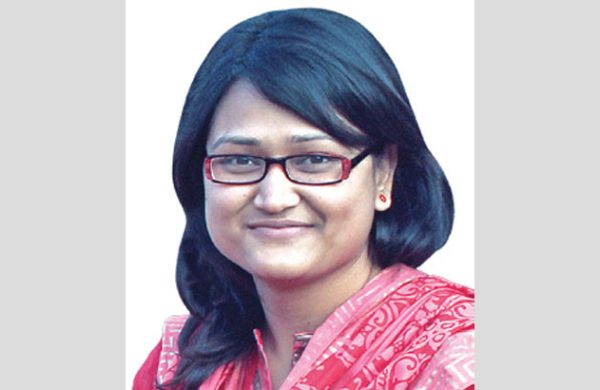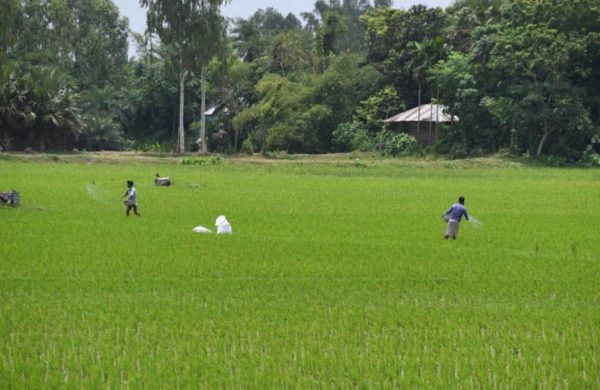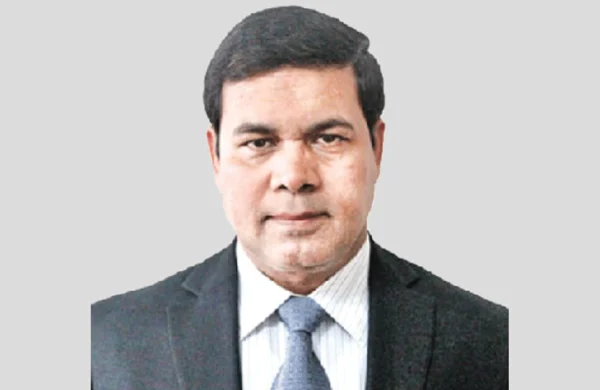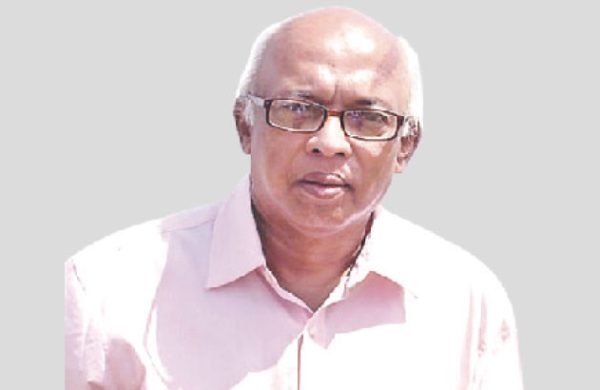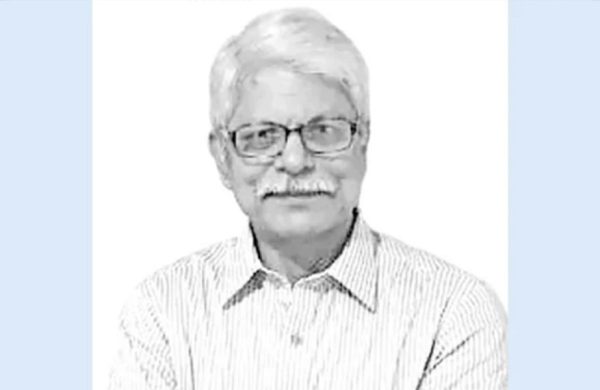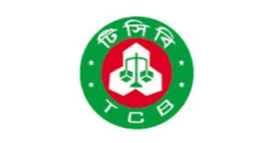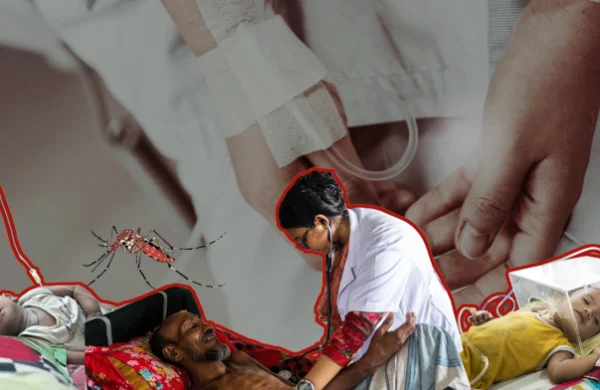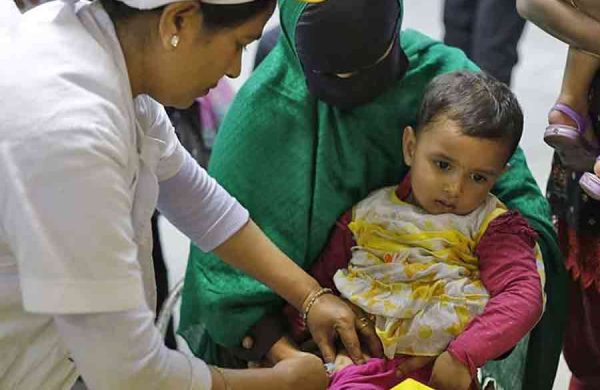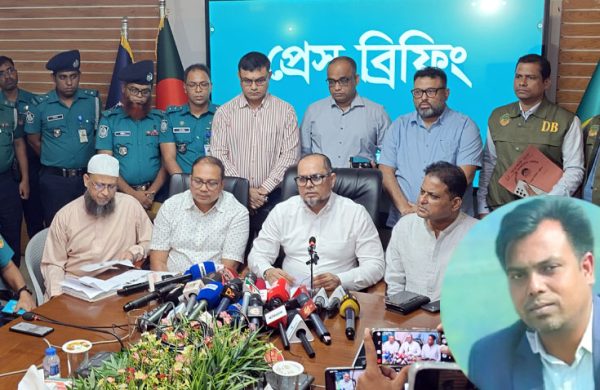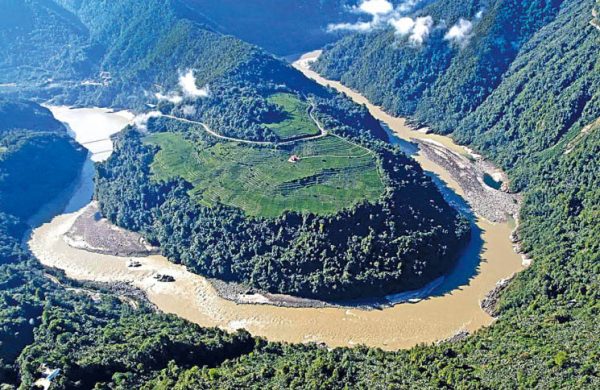It’s time we hoped to get justice for extrajudicial killings
- Update Time : Sunday, September 1, 2024

–Dr Mohd Mizanur Rahman–
The political landscape of Bangladesh has been scarred by a series of human rights violations, systemic abuses, and a blatant disregard for the rule of law. The recent unrest that culminated in the resignation of the government on August 5, 2024, has brought to light the severity of these issues, particularly the unnecessary and disproportionate use of force by security forces and extrajudicial killings that have occurred over the years. The nation now stands at a crucial juncture where justice for the victims of these atrocities is not only necessary but imperative for the restoration of democratic order and the rule of law.
The roots of the current crisis can be traced back to decades of political repression and the gradual erosion of democratic institutions in Bangladesh. Under the previous government’s tenure, the state apparatus increasingly became a tool for suppressing dissent and maintaining power at all costs. The student protests that erupted in mid-June 2024, triggered by the reinstatement of a controversial quota system for government jobs, were met with brutal force. Initially peaceful, these protests quickly escalated into a broader movement against economic inequality, lack of job opportunities, and the government’s authoritarian tendencies.
The response from the state was swift and ruthless. Security forces, including the notorious Rapid Action Battalion (RAB), were deployed to quell the protests, leading to widespread violence. Reports indicate that the security forces used live ammunition, rubber bullets, and sound grenades indiscriminately, resulting in the deaths of hundreds, including children and bystanders. The violence was not limited to the streets; reports of extrajudicial killings, arbitrary arrests, and enforced disappearances became rampant during this period.
Extrajudicial killings have long been a dark chapter in Bangladesh’s history. Under the guise of maintaining law and order, the state has frequently resorted to summary executions of perceived enemies, often without due process. These killings have been carried out with impunity, with little to no accountability for the perpetrators.
The recent protests saw a disturbing resurgence of this practice. Among the most egregious examples was the killing of Abu Sayed, a student leader who was shot dead by police in Rangpur while posing no visible threat. The video of his killing, which circulated widely on social media, became a symbol of the state’s brutal repression. Similarly, the use of helicopters to fire on protesters, some of which bore the United Nations logo, further underscored the state’s willingness to use extreme measures to silence dissent.
These actions constitute a clear violation of Bangladesh’s obligations under international human rights law, particularly the right to life and the prohibition against arbitrary deprivation of life. The United Nations Basic Principles on the Use of Force and Firearms by Law Enforcement Officials stipulate that the use of lethal force should be a last resort, only permissible in self-defence or the defence of others against an imminent threat of death or serious injury. The actions of the Bangladeshi security forces during the protests fell far short of these standards.
The crackdown on the protests was not limited to the streets. Thousands of protesters, including student leaders, political activists, and ordinary citizens, were arrested in the wake of the unrest. Many of these arrests were carried out without warrants, and those detained were often held incommunicado, denied access to legal representation, and subjected to torture and ill-treatment in custody.
The case of Nurul Haque, a leader of the Gono Odhikar Parishad party, is particularly harrowing. After being held for five days under remand, Nurul was presented in court barefoot, unable to stand, and in visible pain, having reportedly been tortured during his detention. Such cases are not isolated incidents but rather part of a broader pattern of state-sanctioned violence and repression aimed at stifling opposition and maintaining control.
These actions are in clear violation of the Convention against Torture and Other Cruel, Inhuman or Degrading Treatment or Punishment, to which Bangladesh is a party. The widespread use of torture and other forms of ill-treatment against detainees highlights the urgent need for comprehensive reform of the country’s law enforcement agencies and the establishment of mechanisms to ensure accountability for such abuses.
In a bid to control the narrative and suppress the coordination of protests, the government imposed a nationwide internet shutdown on multiple occasions during the unrest. This move severely restricted the flow of information, hampered the organization of peaceful protests, and limited the ability of the media to report on the situation. The shutdown was a clear violation of the right to freedom of expression, as enshrined in Article 19 of the International Covenant on Civil and Political Rights (ICCPR), and served to further isolate the population from the outside world.
The restrictions on freedom of expression extended beyond the internet shutdown. Journalists covering the protests faced threats and intimidation from state authorities, further curtailing the free flow of information. In a country where the media has historically played a crucial role in holding the government accountable, these actions represent a significant erosion of press freedom and an affront to democratic principles.
The resignation of the government on August 5, 2024, and the subsequent appointment of an Interim Government present a unique opportunity for Bangladesh to confront its troubled past and chart a course toward a more just and democratic future. The Interim Government, led by Dr. Muhammad Yunus, has made public commitments to investigate all unlawful deaths and hold those responsible accountable. However, the path to justice will require more than just rhetoric; it will require concrete actions to address the systemic issues that have plagued the country for decades.
A critical first step must be the establishment of a comprehensive, independent, and transparent investigation into all alleged human rights violations that occurred during the recent protests and beyond. This investigation must be conducted in line with international human rights standards and must have the power to hold those responsible to account, regardless of their rank or position. Additionally, the Interim Government must take immediate steps to ensure the protection of minority communities, who have been particularly vulnerable to violence and reprisals in the wake of the government’s resignation.
Beyond these immediate actions, Bangladesh must undertake long-term legal and institutional reforms to prevent the recurrence of such abuses. This includes reforming the security forces, particularly the RAB, to ensure that they operate within the bounds of the law and respect the rights of all citizens. The judiciary must also be strengthened to ensure its independence and ability to hold the executive accountable.
The recent unrest in Bangladesh has laid bare the deep-seated issues that have long plagued the country. The unnecessary and disproportionate use of force, extrajudicial killings, and widespread human rights abuses are not just relics of the past but ongoing challenges that must be addressed if the country is to move forward.
The Interim Government has a historic opportunity to break with the past and lay the foundations for a more just and democratic Bangladesh. This will require courage, commitment, and a genuine willingness to confront the systemic issues that have allowed these abuses to persist for so long. The road ahead will not be easy, but with the right leadership and the support of the international community, Bangladesh can emerge from this crisis stronger and more resilient.
Now, more than ever, justice for the victims of the past government’s abuses is not just a moral imperative but a necessary step toward building a brighter future for all Bangladeshis. The time for justice is now, and the world is watching.
The writer is Vision Scientist & Eye Care Researcher, Research Fellow & Assistant Professor, Management & Science University, Malaysia and Chief Advisor of Bangladesh Optometric Society


